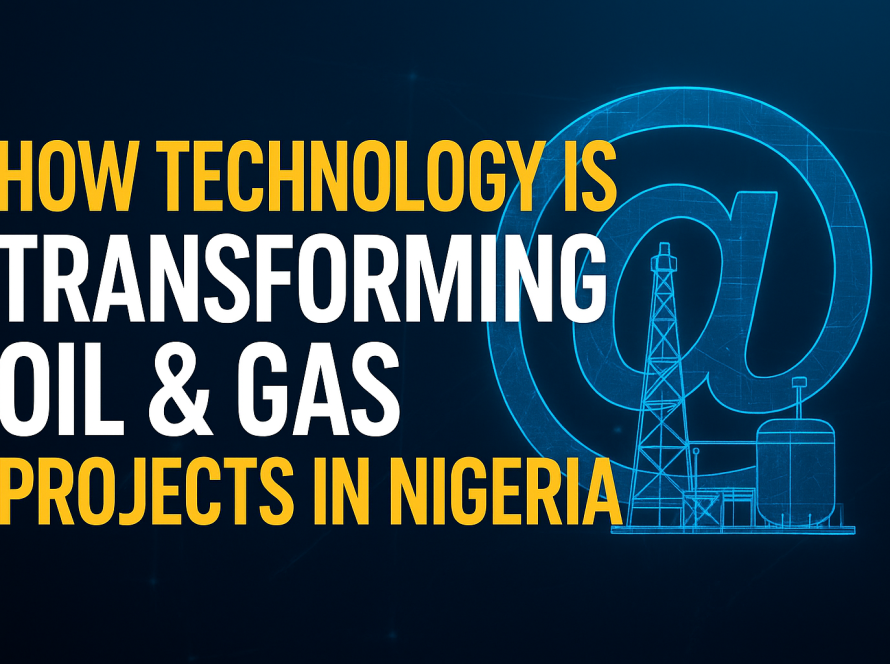Nigeria Energy Transition at a Crossroads
Nigeria’s energy landscape is at a turning point. As Africa’s largest oil producer, the country depends on hydrocarbons, yet the Nigerian Energy Transition plan highlights the urgent need to diversify. With natural gas reserves and some of the best solar potential globally, Nigeria is uniquely positioned to balance hydrocarbons with renewables.
Why a Hybrid Model Strengthens the Nigerian Energy Transition
The government’s plan calls for 42 GW of grid capacity and 6.3 GW of decentralised renewables by 2030 (IEA). Projections also suggest the solar market could add 30 GW in the 2030s (PV Knowhow).
This hybrid approach to the Nigerian Energy Transition ensures:
- Energy security while scaling renewables.
- Gradual emissions reduction.
- Opportunities for local content development.
Challenges Facing the Nigerian Energy Transition
While the vision is strong, the Nigerian Energy Transition faces real hurdles:
- Weak infrastructure and transmission losses reduce efficiency (MDPI).
- Financing gaps, requiring billions in annual investment (IEA).
- Supply chain dependence, with most renewable components imported (RSC).
How Blackstone Supports the Nigerian Energy Transition
At Blackstone Integrated Oil & Gas Services, we help turn policy into practice. Our services are aligned with the Nigeria Energy Transition goals:
- Procurement & Supply for oil & gas and renewable technologies.
- Construction & Fabrication of hybrid infrastructure.
- Manpower Solutions to train Nigerians for future energy jobs.
- HSE Support to ensure cleaner energy also means safer energy.
Conclusion: Driving the Nigerian Energy Transition Forward
The Nigeria Energy Transition is not about abandoning oil overnight—it’s about building resilience, balance, and a future powered by both hydrocarbons and renewables. At Blackstone, we are committed to helping operators, communities, and stakeholders make this hybrid future a reality.
👉 Learn more about our technology solutions:
https://blackstoneoilandgas.com/services/technology-solutions/
What benefits does a hybrid energy model offer Nigeria?
A hybrid energy model offers Nigeria benefits such as increased energy security, a smoother transition to cleaner energy sources, and opportunities for local industry development and job creation.
What are Nigeria’s future renewable energy goals?
Nigeria aims to develop 42 GW of grid capacity and 6.3 GW of decentralized renewables by 2030, with projections of adding around 30 GW of solar power in the 2030s.
How does Blackstone support Nigeria’s energy transition?
Blackstone supports Nigeria’s energy transition by providing procurement and supply services for oil, gas, and renewable technologies, constructing and fabricating hybrid infrastructure, offering manpower solutions for training, and ensuring safety and environmental health through HSE support.
What are the main challenges facing Nigeria’s energy transition?
The main challenges include weak infrastructure and high transmission losses, significant financing gaps requiring billions in annual investment, and dependence on imported renewable components, which affect supply chain stability.
Why is Nigeria considering a hybrid approach for its energy transition?
Nigeria is considering a hybrid approach for its energy transition to ensure energy security, facilitate a gradual reduction in emissions, and create opportunities for local content development by balancing hydrocarbons with renewable energy sources.



